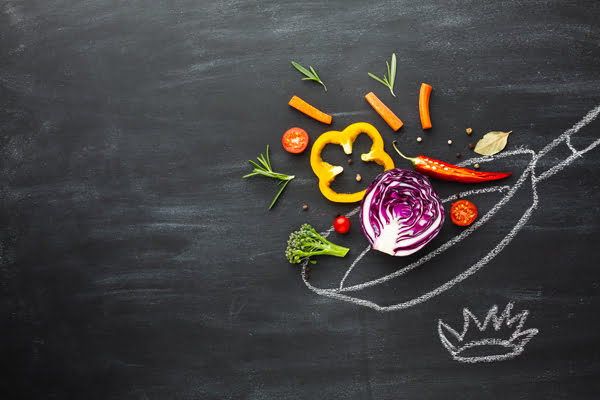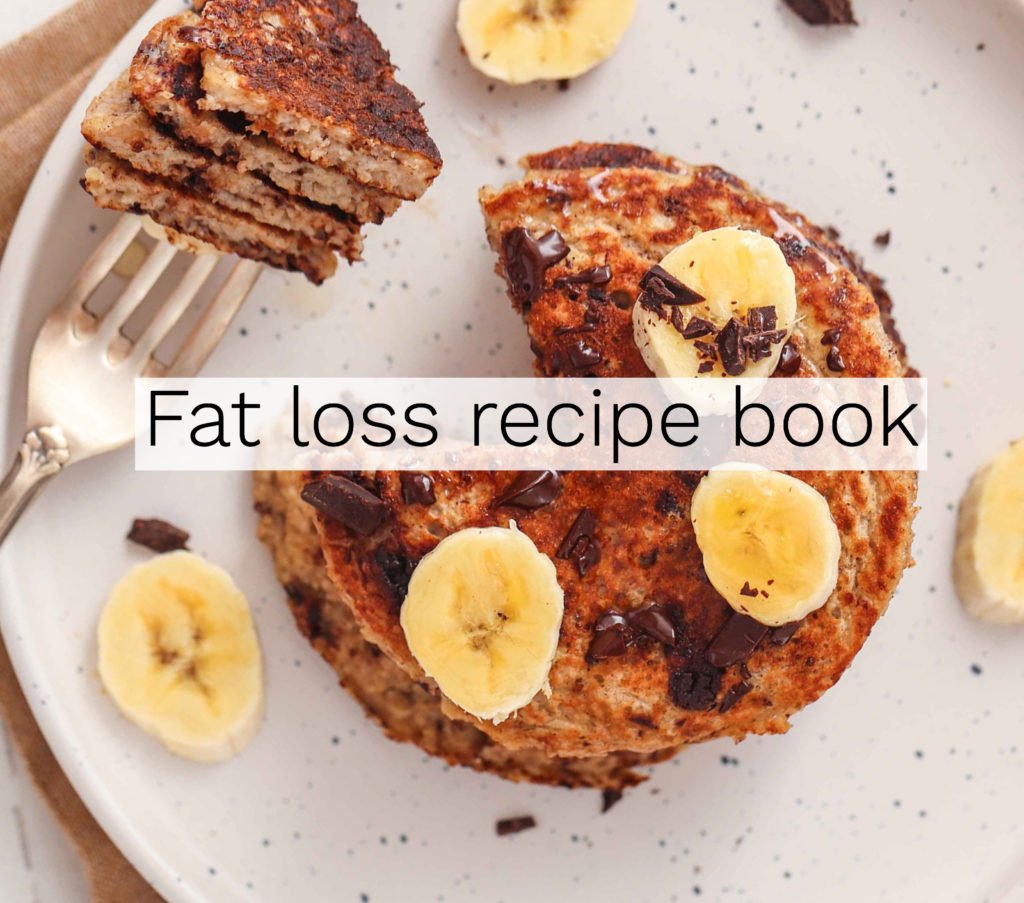This is a bit of a tough one, as there is no real, solid answer that is correct for anyone really. It all depends on the amount of weight you lift, how much muscle mass and body fat you have, as well as what your gender is.
In terms of nutritional surplus, I would focus primarily on protein for gaining muscle, and also burning body fat. That’s not to say that you should go crazy on the amount you eat, but slowly adding a bit more to each week, so that your body has time to adapt.
A lot of studies have shown that when individuals are active, consuming a bit of extra protein doesn’t lead to fat gain. Carbohydrates on the other hand, are metabolised by the body in a completely different way, therefore when you do consume these in excess, it can and most probably will lead to some body fat gain.
The reason why our bodies are more inclined to process protein without the negative effects of fat gain, is that protein has a thermic effect on the body during the digestion and assimilation phase. It’s also a powerful aid in increasing our energy – therefore we increase our activity levels (mainly because we have a lot more energy). This is the complete opposite when you are on a calorie restricted diet. Due to the lack of nutrients, activity is more than likely decreased, and therefore leading to a lower energy expenditure. This a natural occurrence triggered by the brain unconsciously, to prevent weight loss when food sources are low.
The only real downside to eating more protein is the GI stress that is attached to it. When protein particles are incompletely digested reach the gut, they can cause a high amount of inflammation. Also, high protein diets can cause constipation because of the lack of fibre it contains. This can greatly increase the inflammation in our gut. The alternative to this disadvantage is to always consume protein with a vegetable source, preferably cruciferous veggies.
Another ideal situation is to disperse the protein sources throughout the day for sustaining and building muscle all day long. It will also allow time for the GI tract to slowly assimilate the protein without a lot of GI disturbances.
While increasing your protein sources slowly, diminish the carbs to allow enough room for this surplus – and of course, not to become susceptible to fat gain. This is probably not necessary if you are already relatively lean – but something to be mindful of.
In light of all of this information, I do hope you choose to increase protein as your surplus of nutrient, picking only the highest quality possible. This is your key nutritional goal in order to gain muscle mass and lose body fat. That’s not to say that carbs and fat are not important -they are most definitely. It’s just more evident that higher protein consumption will assist in achieve your particular body composition goals. I do hope these ideas help you along your chosen journey. In the meantime, feel free to contact me if you need further assistance. I have plenty of other blog posts on my wesbsite or join me on fb and insta social standpoints. Please feel free to upvote this answer if it has been useful in some way to you.

